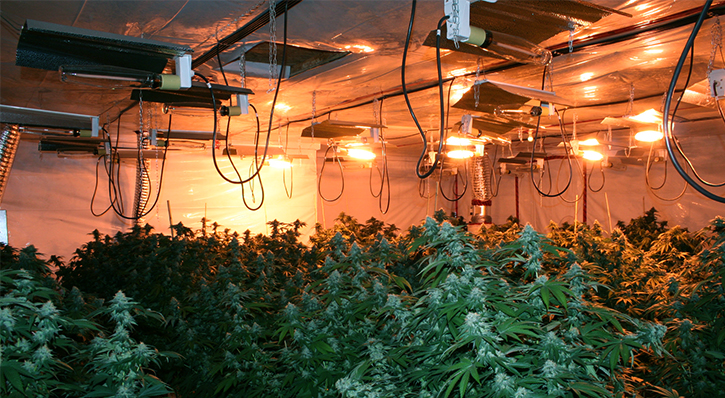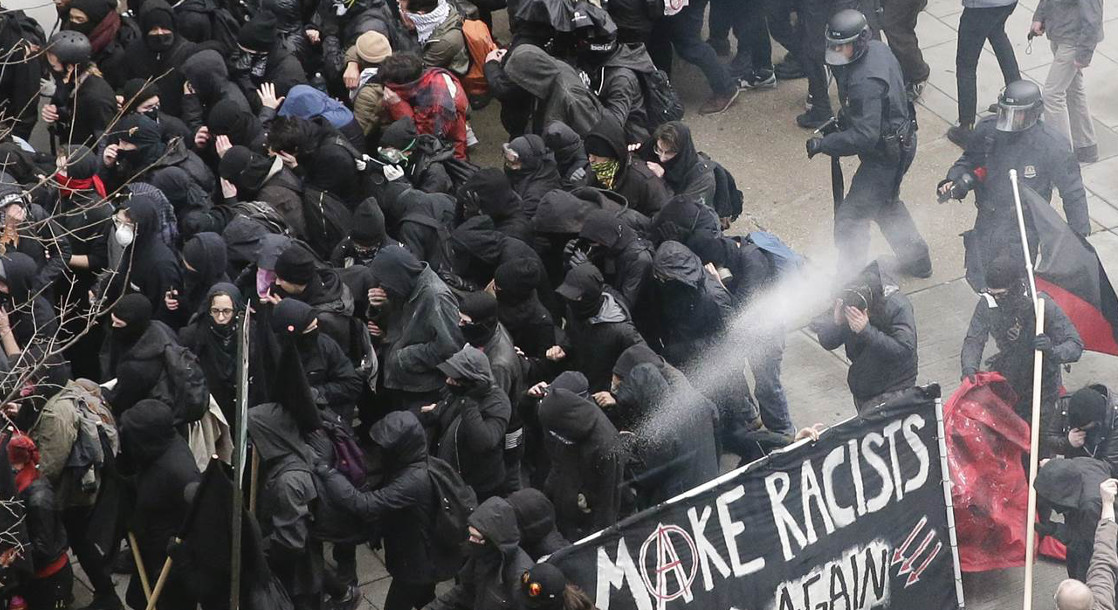Plenty of situations in life are both good news and bad news. Such is the case with the recent report from ArcView Market Research and New Frontier regarding marijuana.
The good news for pro-marijuana people has already been detailed on MERRY JANE; so now it's time, unfortunately, for the bad news that this report revealed.
The report clearly illustrated the impact of energy costs on marijuana prices and the marijuana business as a whole, noting that “cannabis is the most energy intensive agricultural crop produced in the U.S.” According to the report, production of legal and illegal marijuana “consumes one percent of the country’s electrical output, or the equivalent electricity of 1.7 million homes at an estimated cost of $6 billion annually.”
These energy costs “can account for as much as half of the total wholesale price” of marijuana, due to the electricity needed to “grow the plant indoors, manage the intense heat generated by conventional indoor cultivation lights, and operate the ventilation, cooling, water and humidity management systems required to maintain optimal growing conditions for the plants.”
At the end of the day, energy use and costs are a major issue for the future of marijuana in this country because, according the report, “the unrestrained use of energy to cultivate cannabis cannot be sustained in legal cannabis markets.”
The stock market has provided even worse recent news for marijuana advocates and customers. In 2015, “publicly traded cannabis companies performed poorly, with New Frontier’s Marijuana Stock Index losing nearly half its value during the year.”
Possibly the biggest problem for legal marijuana business is that these businesses are forced to start, thanks to the plant's schedule I status, without something almost every other business has: bank support. The report notes that this is “among the biggest inhibitors to industry growth.”
And industry growth is necessary for marijuana as a whole due to “over $5 billion in sales mostly conducted in cash” and because “the lack of banking services creates significant drag on operational efficiency for cannabis businesses as well as substantial security risks, forcing businesses to invest heavily in measures to protect the business and secure the high volumes of cash accumulated.”
Another way the schedule I status hurts marijuana businesses is that “section 280E of the IRS code prohibits businesses from deducting expenses incurred in the trafficking of a controlled substance.”
This prevents marijuana businesses from deducting costs of goods sold, something all other businesses can do. The result is higher tax bills, and the difference is staggering. According to the report, “most businesses pay 35 percent tax on their profits, but the inability to deduct the cost of the product increases marijuana businesses taxes to as much as 82 percent.”
And Government persistence to keep prohibition of marijuana alive in some form extends right to our nation's capital.
When citizens in Washington D.C. voted to pass marijuana legalization “with 70 percent of the vote—the highest passage rate of any legalization initiative in the country,” Congress apparently didn't like it. And since Congress has regulatory oversight over D.C., they “prohibited the city council from spending any funds to establish a legal, regulated market.”
In other words, D.C. is “the only market in the country where it is legal for adults to grow, possess, and consume cannabis, but it remains illegal to buy and sell it.”
Finally, it seems that even our nation's fighting men & women still aren't safe when it comes to marijuana prohibition.
Even studying how marijuana could help veterans with post-traumatic stress disorder (PTSD) has had trouble getting off the ground thanks to the National Institute of Drug Abuse (NIDA), as a study that had been approved in 2014 “was not able to move forward due to NIDA’s failure to provide the cannabis strains required for the study.”
And even when the government takes a step forward in this department, it seems to go two steps back.
The report details a bill in 2015 that would have allowed military veterans “to access medical marijuana in states where it is legal.” The bill was approved but “was ultimately excluded in the final omnibus spending bill that passed the Congress.”
So, if you are anti-marijuana and own a “support the troops” bumper sticker and/or donate to veterans charities, you are sending a very mixed message.











